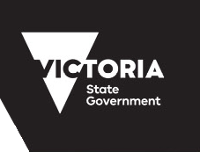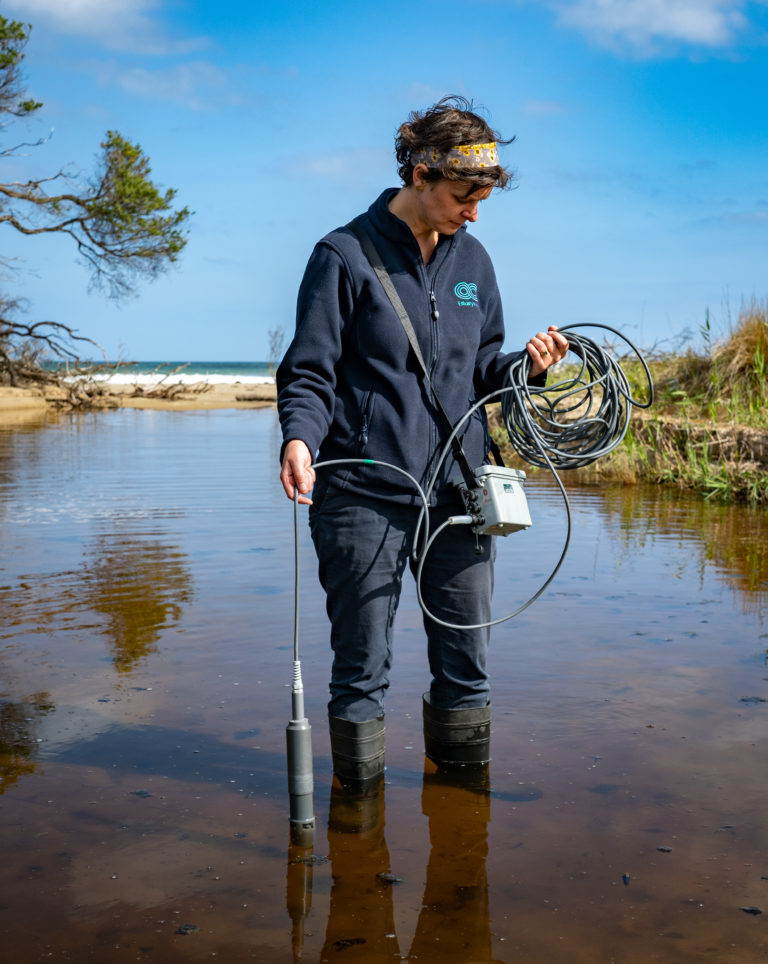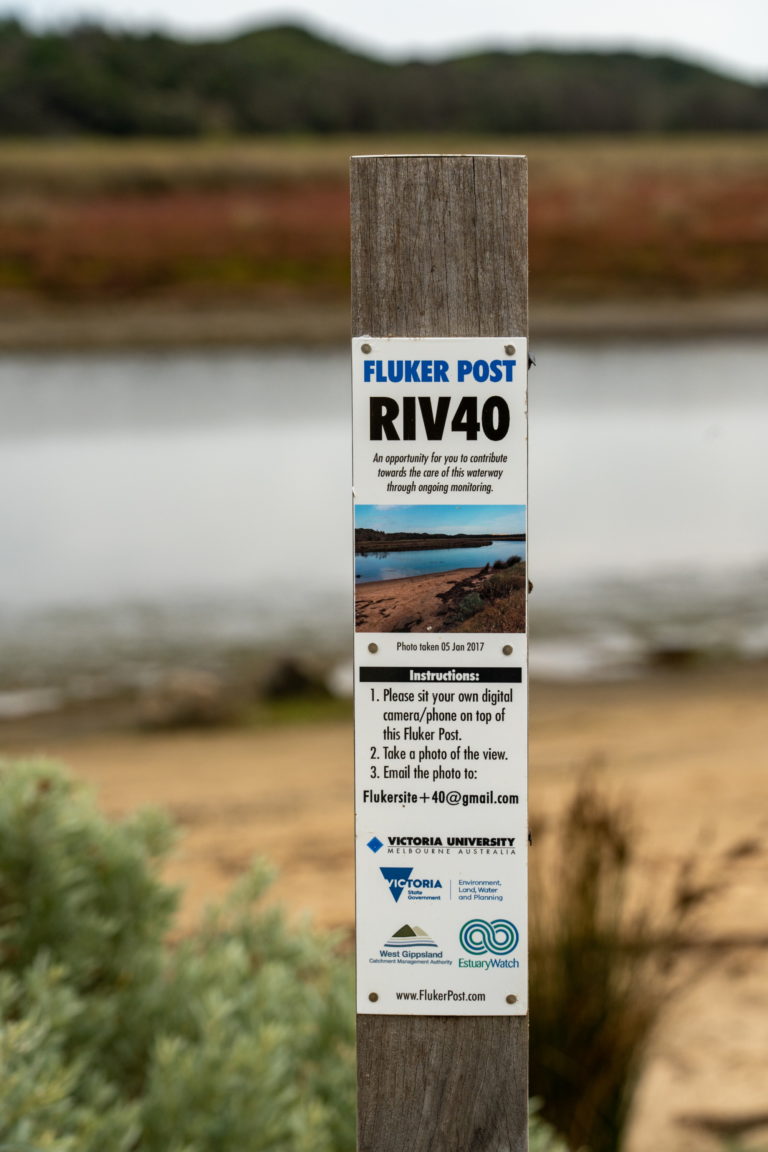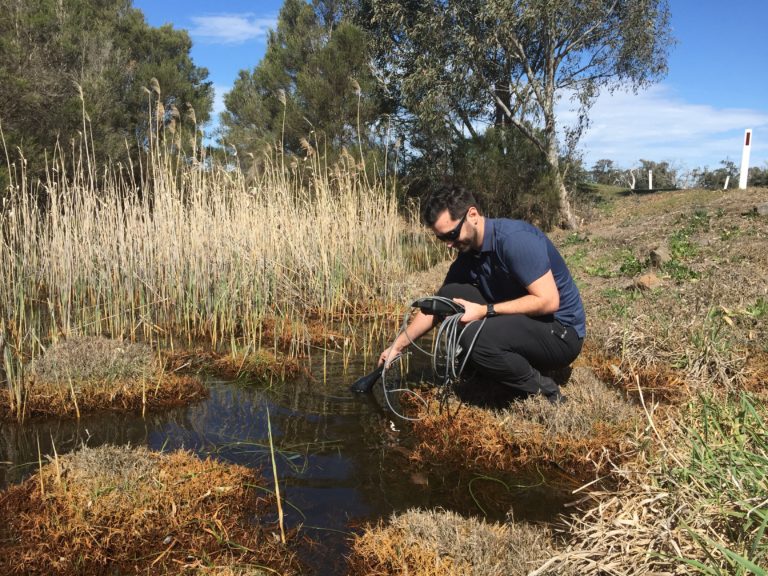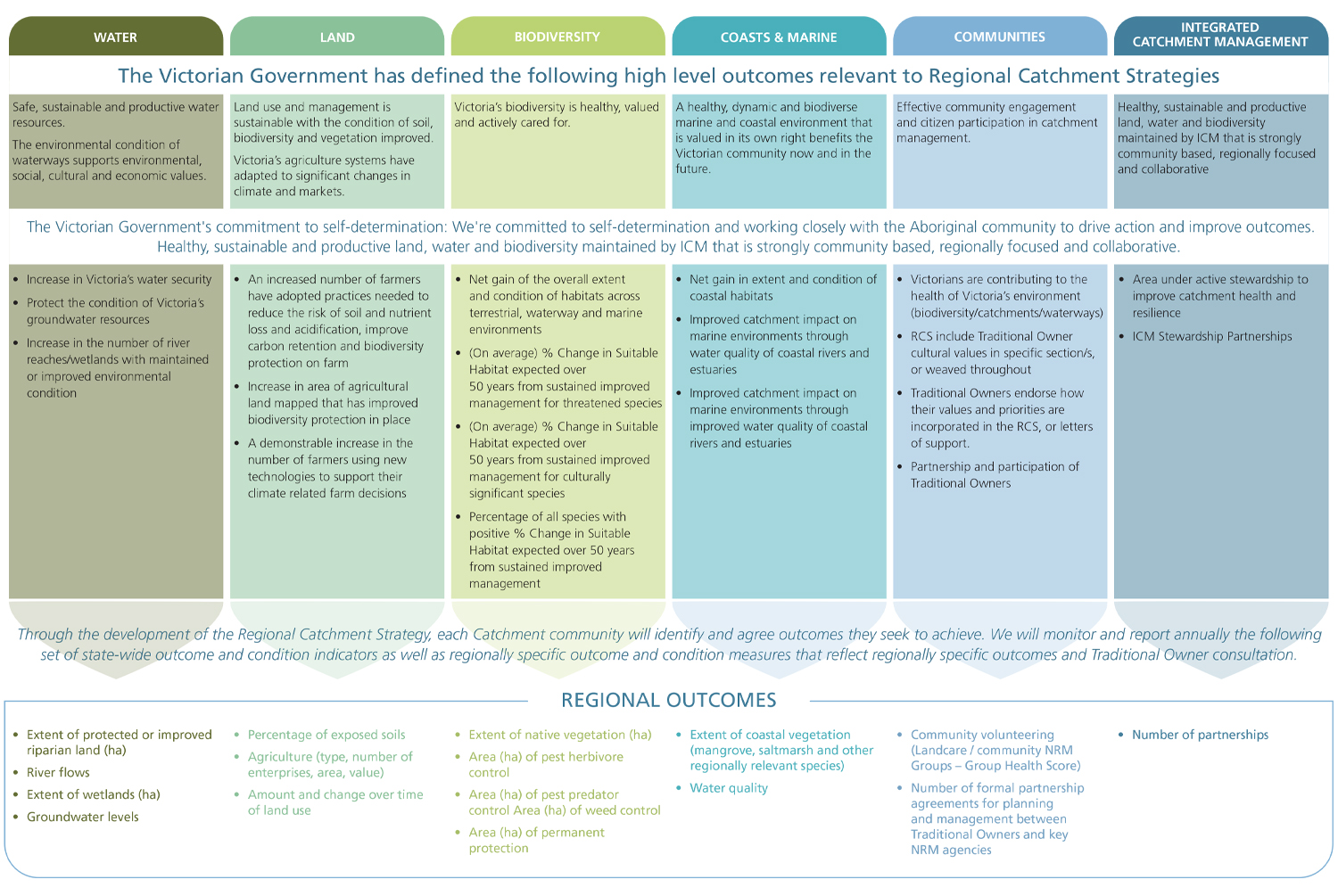Overview
Monitoring, Evaluation, Reporting and Improvement (MERI), provides the structure and process for understanding the effectiveness and impact of the RCS. It also provides information that is required to adaptively respond and manage the delivery of programs and projects.
The following principles will support the RCS MERI:
- New information and learnings will be considered and incorporated where appropriate into implementation of the RCS by taking an adaptive management approach
- Not all impacts of the RCS implementation will be known or measurable during the life of the strategy
- Implementation of the RCS will support research and investigations to address critical knowledge gaps as identified in sub-strategies and action plans and through the development of the RCS program logic
- Further development of monitoring and evaluation approaches is required across the thematic areas of the RCS (Land, Water, Biodiversity, Coast and Marine, Traditional Owners and Community)
- Strong regional partnerships and shared measurement and evaluation are required to support a whole-of-region story about Natural Resource Management (NRM).
RCS Outcomes Framework
An outcomes framework has been developed to provide a consistent statewide approach to monitoring and reporting on condition and management, using agreed outcome indicators. The framework also enables Victorian Catchment Management Authorities, to demonstrate how regional outcomes align with statewide policies and outcomes, improving the way that Regional Catchment Strategies reinforce, promote and support government policy and objectives.
The outcomes framework has a core set of themes and associated indicators for long-term condition and outcomes that are included in all RCSs. Condition indicators will be used to understand trends through time, where as outcome indicators will also be used to drive RCS implementation. Additional regionally derived outcomes are at the discretion of each CMA. The architecture of the RCS outcomes framework is shown below.
Outcomes Hierarchy
An outcomes hierarchy, helps to describe the rationale behind the Strategy and the expected changes and results from the implementation of priorities. The hierarchy in this Strategy comprises the vision, long and medium-term outcomes and theme-based priority opportunities and management directions. It includes links to local area opportunities, priorities, sub-strategies and plans where relevant. Regional outcomes, have been developed in collaboration with RCS partners and include a mix of aspirational outcomes as well as more pragmatic outcomes.
The RCS outcomes hierarchy can be found here with a more detailed matrix showing how the medium term outcomes align to local areas here.
Detailed MERI planning
Evaluation of the RCS will be guided by a detailed MERI Plan. The MERI Plan will detail the following elements:
- Detailed program logic
- Key evaluation questions
- Assessment rubrics and performance expectations for regional outcomes
- Monitoring and data collection processes
- Evaluation approaches and time frames
- Knowledge gaps
- Adaptive management and improvement processes.
Development of the MERI plan commenced during the development of the RCS and the detailed aspects will be defined following the approval of the RCS.
Reporting
Reporting on the condition and management of land and water resources in the West Gippsland region will be undertaken annually by the West Gippsland Catchment Management Authority in line with the requirements of the Catchment and Land Protection Act 1994. This will include, reporting on the implementation of this Regional Catchment Strategy and the progress toward its regional outcomes.
It is anticipated, that the reporting will be in a format consistent with that by the Catchment Management Authorities across Victoria to support development of state-wide reporting.
Mid-term and Final evaluation reporting
A mid-term review will be undertaken in 2024-2025. This review will consider progress towards the medium term regional outcomes with reference to the statewide indicators. A range of supporting evaluation questions will also be addressed relating to RCS implementation.
Once the RCS has reached its ‘end of strategy’ period (2026-27), a full evaluation will be conducted. The scope of this evaluation will consider the extent to which medium term regional outcomes have been achieved and address specific evaluation questions developed by RCS partners. This evaluation will provide the basis for the ‘refresh’ of the next RCS.
